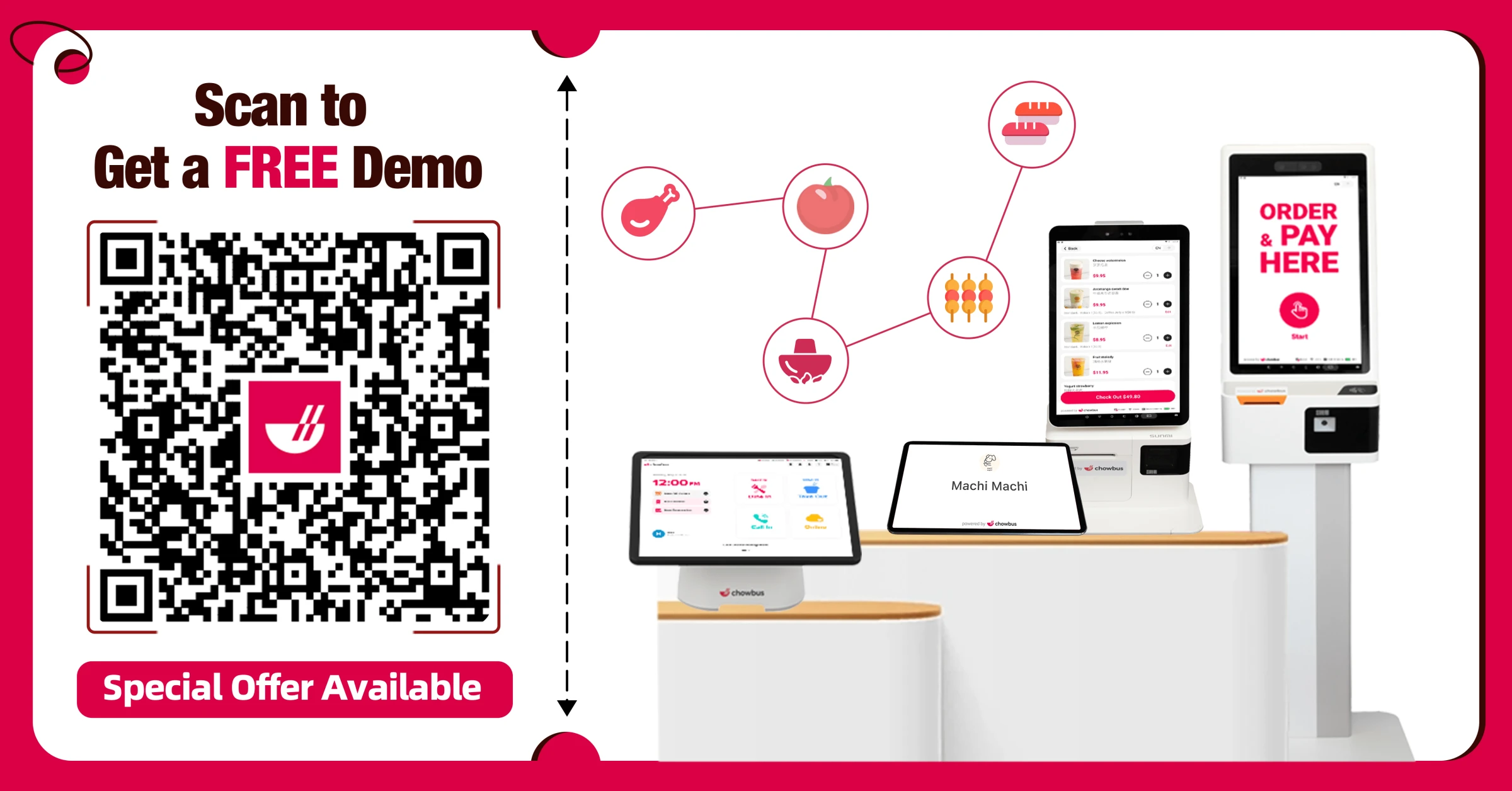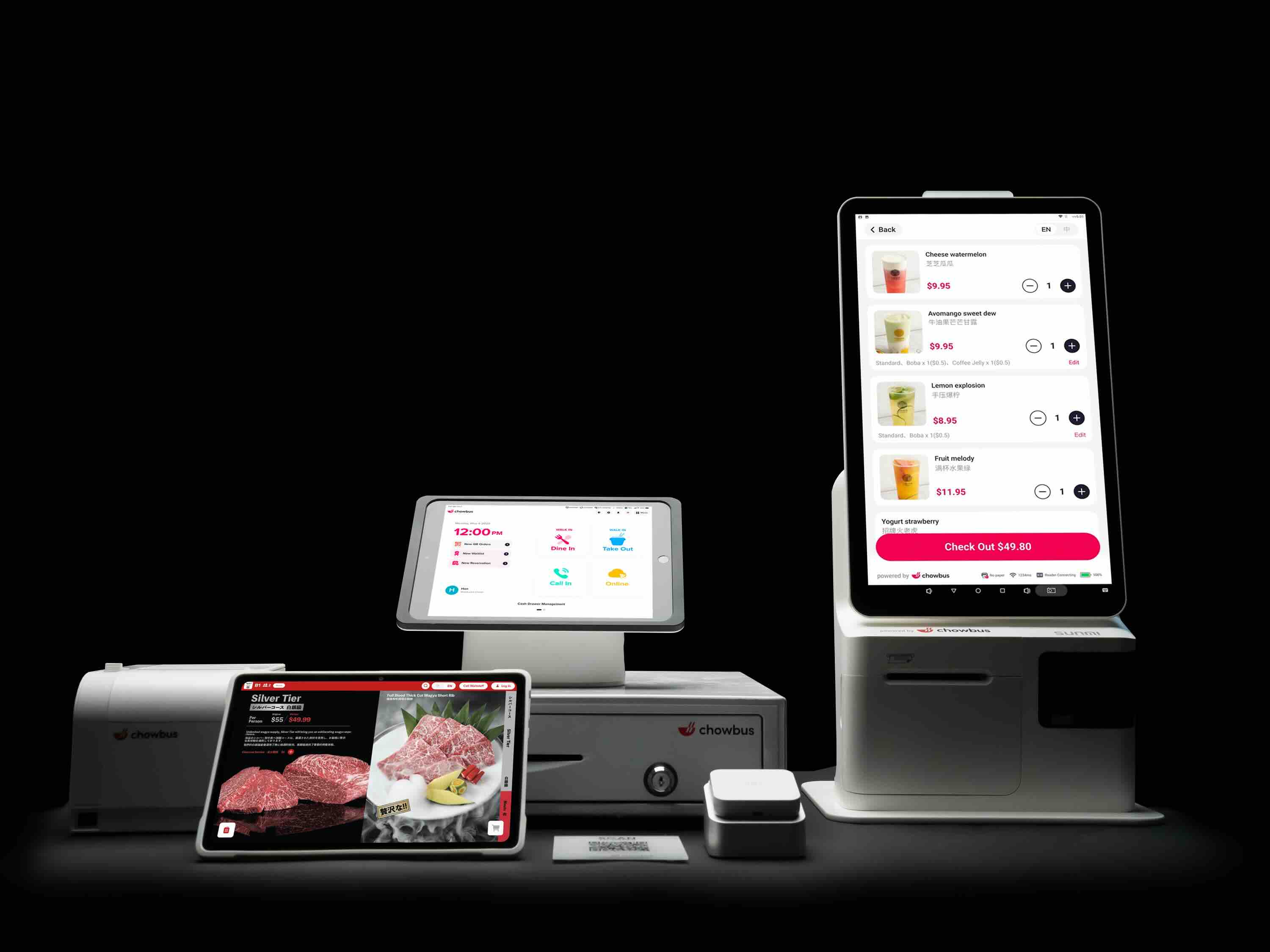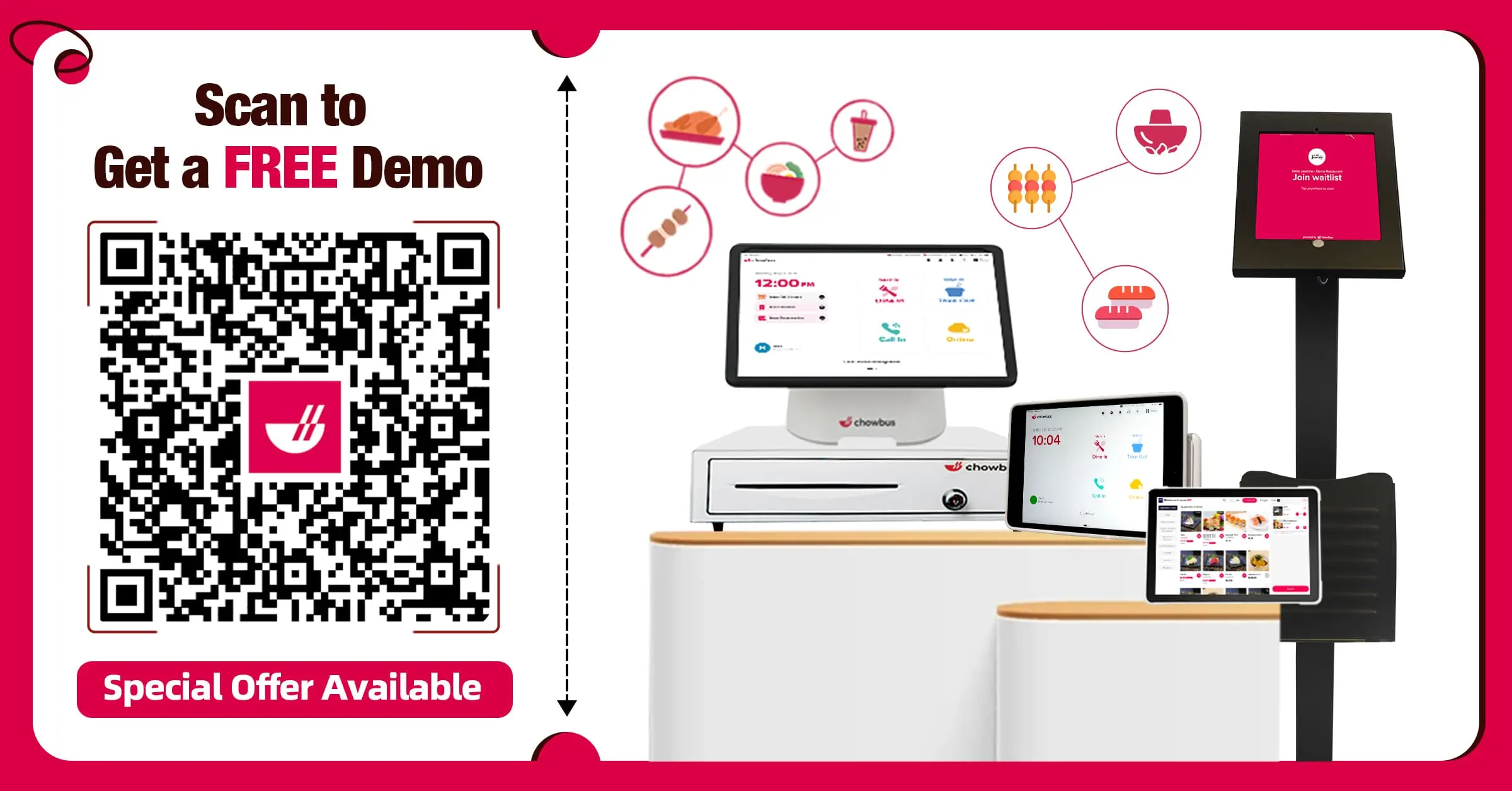Restaurant Marketing Tools: Drive Growth & Loyalty!

Restaurant marketing tools, including the latest restaurant technology, are essential for owners looking to differentiate their eatery in a crowded market. These tools not only boost visibility but also foster customer loyalty and streamline operations.
Whether you’re adopting smart restaurant marketing tools to enhance your digital presence or sticking to traditional methods for local charm, the right marketing strategies are crucial. They can turn a casual diner into a regular and a new restaurant into a neighborhood favorite.
This post will guide you through the various marketing tools available, helping you select the most effective ones to grow your business and keep customers coming back for more.

What are Restaurant Marketing Tools?
Marketing tools for restaurants are the instruments that amplify your restaurant’s voice across various platforms. These tools encompass many strategies and media, including the vibrant world of digital marketing and the classic charm of traditional advertising. Their primary aim is to boost your restaurant’s presence, making it a go-to destination for food enthusiasts. Whether through social media campaigns, search engine optimization, or eye-catching billboards, restaurant marketing tools are the key to unlocking your restaurant’s full potential.
Types of Restaurant Marketing Tools
Restaurants today have various marketing tools to promote their business, build customer loyalty, and gain data-driven insights. These tools can be grouped into three categories: digital, traditional, and analytical/CRM.
Digital Restaurant Marketing Tools
Digital marketing tools for restaurants encompass a variety of platforms and strategies aimed at promoting the business, engaging with customers, and driving sales. Here are several key types of digital marketing tools commonly used by restaurants:
1. Website:
Your restaurant’s website is the digital front door to your culinary world. A well-designed website with mouth-watering visuals and an easy-to-navigate menu can entice visitors to book a table or order online. This provides a taste of your brand before they’ve even set foot in your establishment.
2. Restaurant Branded App:
Personalization is key to customer retention. A branded app enables customers to order, pay, and earn loyalty points, all while keeping your brand top of mind every time they swipe through their phone.
3. Third Party Delivery Applications:
Partnering with delivery apps expands your reach beyond traditional borders, putting your meals on the map and in the hands of those craving convenience without compromising quality.
4. Email Marketing:
An essential ingredient for repeat business, email marketing keeps the conversation going with your customers through updates, offers, and personalized messages, cooking up a relationship that extends beyond the last bite.
5. Social Media:
Social media platforms are the bustling marketplaces where your brand's voice and visuals can resonate with a wider audience, stirring up interest with posts, stories, and engagements that go viral.
6. Online Review Management:
Feedback is your friend. Actively managing online reviews showcases your commitment to customer satisfaction and helps you understand the diner's perspective, seasoning your reputation positively.
7. Search Engine Optimization (SEO):
SEO ensures your restaurant appears when potential customers search for their next dining experience, helping you rise in search engine results.
8. Pay-Per-Click (PPC) Advertising:
PPC campaigns can put your restaurant in the spotlight, targeting hungry customers ready to convert with ads that only cost you when they click.
9. Online Reservations Platforms:
Simplify the booking process with an online reservation system that makes securing a table as easy as clicking a button, reducing wait times and increasing turnover.
An online ordering system integrates seamlessly into your workflow, streamlining orders and minimizing errors, ensuring every dish delivered is a success story.
11. Digital Menus and QR Codes:
Incorporating dynamic, easily updated digital menus with QR codes for restaurant menus facilitates real-time changes and a contactless dining experience. This method allows for effective upselling and caters to customers' preferences for current and accessible information. QR codes have become an essential tool, offering a quick and safe way for customers to view your menu directly on their smartphones.
12. WiFi-Assisted Marketing:
Leverage your free WiFi to gain valuable customer data and send targeted promotions, transforming a simple amenity into a powerful marketing tool.
13. Influencer Marketing:
Partner with food bloggers and influencers to reach a wider, trustful audience that values their recommendations, serving your brand's story through relatable personalities.
14. Branded Content
High-quality content that tells your restaurant’s story can engage customers and keep them returning for the narrative—and the food.
Restaurants typically choose a combination of these tools based on their specific type of business, target customers, and marketing goals. These digital marketing strategies enable restaurants to reach and engage with their ideal customer base effectively.
Traditional Restaurant Marketing Tools
While digital marketing dominates the landscape, traditional methods still hold value, especially when targeting specific demographics. Some of these include:
1. Creating Flyers:
Flyers are a visual call-to-action, ideal for announcing new dishes, promotions, or events, and perfect for catching the eye of passersby.
2. Signs and Billboards:
These larger-than-life advertisements make your restaurant a local landmark and are hard to miss, ensuring your brand stays in the public’s peripheral vision.
3. Mailing Ads and Coupons:
Direct mailers with enticing coupons draw customers into the experience of your restaurant, often igniting the initial spark of interest.
4. Targeting Local Employers:
Partnering with local businesses for lunch specials or catering events can tap into new customer bases right at your doorstep.
5. Writing Press Releases:
A well-crafted press release can garner media attention, helping to amplify special events or accolades your restaurant receives.
6. Advertising in Local Media:
Local newspapers and radio stations can broadcast your message to a community eager to support neighborhood businesses.
7. Hosting a Grand Opening Event:
A grand opening is a powerful tool to create buzz and unite the community to celebrate your new venture.
8. Take Home Menus:
These constantly remind customers of their experience and your offerings, inviting repeat business.
9. In-Store Displays and Packaging:
Effective in-store marketing reinforces your brand and can turn a casual diner into a regular through visually appealing promotions.
As we wrap up the traditional marketing tools, remember that they are as relevant today as ever, bridging the gap between the restaurant and the local community.
Analytical Restaurant Marketing Tools
Data-driven decision-making is the backbone of modern marketing. Analytical tools provide insights into customer behavior, allowing you to tailor your strategies for maximum impact. Here are some invaluable tools in this category:
1. Restaurant Management Software:
This software serves as a command center for your operations, offering a dashboard of insights into daily sales, staff performance, and inventory levels. It's a smart restaurant marketing tool that aligns your front-of-house and kitchen, ensuring seamless service.
2. Customer Relationship Management (CRM) Software:
CRM systems are the lifeblood of customer retention strategies. They allow you to personalize guest experiences, remember their preferences, and communicate effectively, making them an excellent marketing tool for restaurants looking to build a loyal clientele.
3. Review Management Platforms:
These platforms are the front line in reputation management, enabling you to respond to feedback, manage your online presence, and enhance your establishment's image.
4. Location Analytics Tools:
Understanding your local market is crucial, and location analytics tools provide data on customer demographics and behavior patterns, giving you an edge in local marketing strategies.
5. Reservation & No-Show Tracking:
Reservations are promises of business. Tracking no-shows is essential in forecasting and adjusting your operations accordingly. These systems help you manage your seating capacity effectively and reduce lost revenue.
6. Marketing Analytics Software:
These sophisticated systems evaluate the success of your marketing campaigns, helping you understand which of your strategies are resonating with your audience and which need rethinking.
With data analytics around multiple facets of the restaurant, managers can identify strengths to double down on and opportunities for tweaks or improvements. This optimizes the customer experience and the business bottom line over time.
Top Features to Look for in a Restaurant POS System with Integrated Marketing Tools
When evaluating restaurant POS systems, prioritize those with built-in marketing tools. Key features to look for include:
Reporting & Analytics
The backbone of informed decision-making lies in data. A robust POS system should offer comprehensive reporting and analytics, giving insights into sales patterns, customer preferences, and operational efficiency.
Digital & Physical Gift Cards
Gift cards are an excellent marketing tool for restaurant events, offering a tangible reminder of your restaurant and encouraging repeat visits. Ensure your POS system supports both digital and physical versions for maximum reach.
Website Design
Your restaurant’s online presence starts with a sleek, user-friendly website. The best POS systems include website design tools optimized for SEO, ensuring your restaurant ranks well in search engine results.
Google/Yelp Review Management
Reviews can make or break a restaurant's reputation. A smart POS system should provide a way to manage and respond to reviews on platforms like Google and Yelp, turning customer feedback into a marketing opportunity.
Search Engine Optimization
SEO is a non-negotiable feature. It ensures potential customers find your restaurant online. Your POS package should include SEO to help you climb the rankings in local search results.
Loyalty & CRM Solution
Incorporating a restaurant loyalty program and CRM with SMS capabilities fosters customer retention. Your POS should facilitate personalized marketing campaigns and rewards that resonate with your clientele.
Restaurant Branded App
An app that carries your restaurant's brand enhances customer engagement. Look for a POS system that allows you to send push notifications for deals, events, and updates directly to your customer's phones.
Restaurant Material Design
The design of your restaurant's materials, whether it's menus, table tents, or promotional posters, speaks volumes about your brand. Your POS package should include a design package to help create visually appealing and brand-consistent materials.
3rd Party Delivery Applications
Integration with delivery apps expands your reach. Choose a POS that collaborates seamlessly with these applications to increase your restaurant's accessibility and convenience for customers.
Benefits of Using Restaurant Marketing Tools
Now that we’ve defined restaurant marketing tools, let’s explore the countless benefits they offer to restaurant owners:
Increased Visibility and Brand Awareness
In a competitive market, standing out is key. Effective restaurant marketing tools can help you increase your restaurant's visibility, making it easier for potential customers to find you. Consistent branding across all platforms ensures that your restaurant remains top-of-mind.
Enhanced Customer Engagement
Engaging with your customers is essential. Restaurant marketing tools enable you to interact with your audience, respond to reviews, and build a loyal customer base. Engaged customers are more likely to become repeat patrons and brand advocates.
Streamlined Operations and Increased Efficiency
Running a restaurant involves numerous tasks, from managing reservations to processing orders efficiently. Restaurant marketing tools can streamline these operations, reducing manual work and ensuring a smoother dining experience for your customers.
Data-Driven Decision Making
Data is a goldmine for restaurant owners. Marketing tools provide valuable insights into customer preferences, allowing you to tailor your menu, promotions, and marketing efforts to match your target audience's desires. Making data-driven decisions can significantly impact your restaurant's success.
Choosing the Right Restaurant Marketing Tool for Your Business
Selecting the right restaurant marketing tools is a critical decision that can greatly impact your restaurant's success. Keep the following tips in mind when making your choice:
Consider the size and type of your restaurant: The tools you choose should be suitable for the scale and style of your establishment.
Know your target audience: Different tools are more effective for reaching specific demographics. Tailor your choices accordingly.
Align with your budget: Ensure that the selected tools fit your budget constraints while offering a strong return on investment.
Remember that there's no one-size-fits-all solution. The best restaurant marketing tools for your business will be those that align with your unique goals and circumstances.
Conclusion
The right restaurant marketing tools transform challenges into opportunities, allowing you to amplify your restaurant’s presence and cultivate lasting customer relationships. From digital to traditional, each tool elevates your brand, streamlines operations, and guides data-driven strategies for unmatched growth and customer satisfaction.
Don’t let your restaurant get lost in the shuffle. Take the first step towards revolutionizing your marketing efforts. Book a free demo or consultation with Chowbus POS today, and discover how our integrated marketing tools can set your restaurant apart in the competitive culinary landscape. Make the decision to stand out—let Chowbus be your partner in success.

Frequently Asked Questions About Restaurant Marketing Tools
Dive into our comprehensive FAQ section to gain insights on the essential marketing tools that can elevate the success of any restaurant, from bustling food service outlets to cozy, small eateries.
What is the Most Important Marketing Tool for Any Restaurant?
Any restaurant's most important marketing tool is its online presence, particularly its website and social media profiles. These digital platforms allow restaurants to showcase their menu, ambiance, and customer reviews, making it easier for potential diners to discover, learn about, and engage with the restaurant.
What are the Best Marketing Tools in Any Food Service Outlet?
The best marketing tools for any food service outlet include a well-designed website with SEO optimization to attract online traffic, social media platforms for engaging with customers and sharing enticing visuals of your dishes, and email marketing campaigns to keep your audience informed about promotions and special offers.
Additionally, leveraging online review platforms like Yelp and Google My Business can help build a positive online reputation and attract more patrons to your establishment. Combining these digital marketing strategies with traditional methods, such as in-store promotions and loyalty programs, can create a comprehensive marketing toolkit for your food service business.
What is the Most Effective Way to Market a Small Restaurant?
The most effective way to market a small restaurant is to focus on local SEO strategies. Start by optimizing your website with relevant keywords and ensuring it's mobile-friendly. Create and maintain a Google My Business profile, encouraging customers to leave reviews.
Additionally, leverage social media platforms to engage with your local audience, share enticing food images, and run targeted advertising campaigns to reach potential customers in your area. By prioritizing local SEO and online presence, you can increase your restaurant's visibility and attract more diners to your establishment.

Recommended Articles:
Restaurant SMS Marketing: Powerful SMS Marketing for Restaurants
Online Marketing for Restaurants: Optimize Your Web Visibility
Restaurant POS Integration: Top 9 Must-Haves for Restaurants
What is a POS Terminal? How Does Point of Sale Terminal Work
What are Legacy POS Systems? Traditional POS System Components